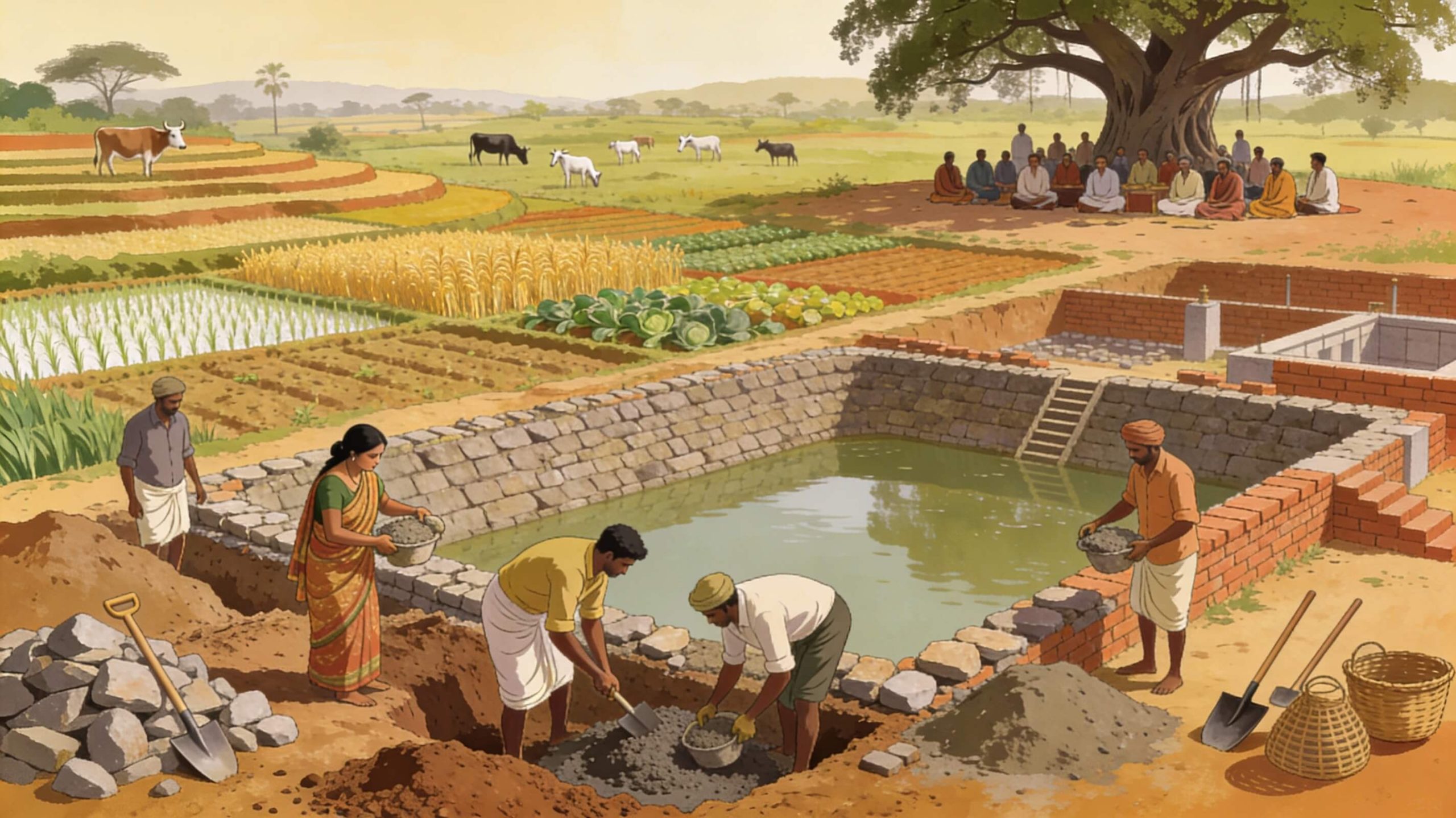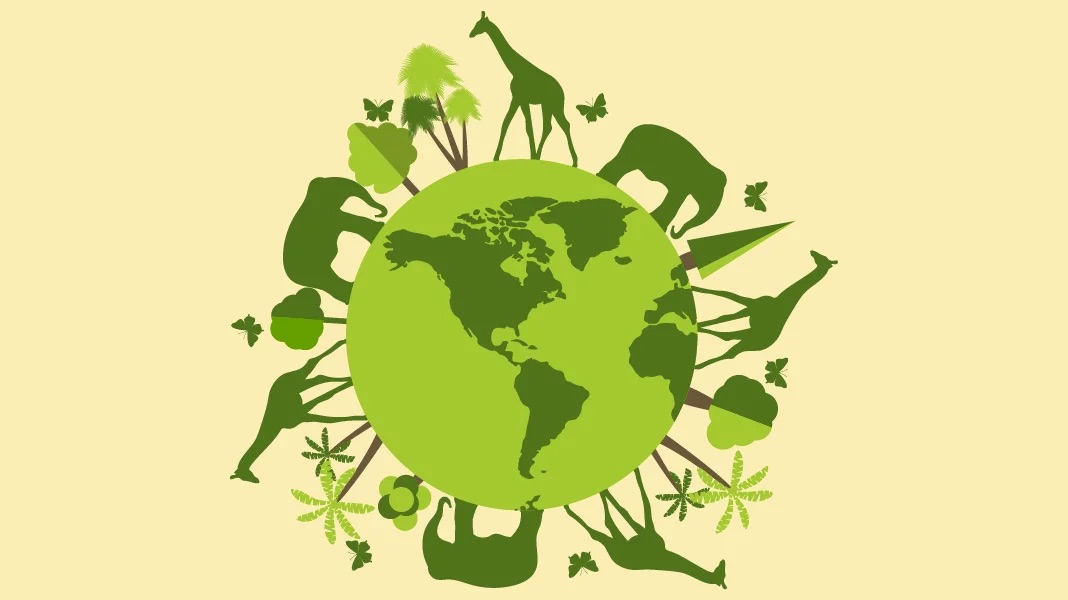The International Rice Research Institute (IRRI) has partnered with the Government of Kerala to promote low-emission rice farming. This collaboration is part of the Kerala Climate Resilient Agri-Value Chain Modernization (KERA) project. The project aims to benefit 45,000 farmers across 22,000 hectares of land. It focuses on sustainable practices that help farmers adapt to climate change.
A Memorandum of Understanding (MoU) was signed recently to kickstart this initiative. The MoU aims to scale sustainable practices, digital water management, and carbon finance for farmers in Kerala. The project will run until 2029, with the goal of enhancing climate resilience in agriculture.
Farmers in Kerala face various challenges due to climate change. These include unpredictable rainfall and rising temperatures. Such conditions can negatively affect rice production, which is a staple for many in the region. By adopting low-emission farming techniques, farmers can reduce greenhouse gas emissions. This is crucial as rice production contributes significantly to global emissions.
The KERA project will provide financial support to farmers. Rubber growers will receive ₹75,000 per hectare, while cardamom growers can get ₹1 lakh per hectare. This financial assistance aims to encourage sustainable farming practices among rubber and cardamom farmers.
In addition to financial support, the project will offer training and resources to help farmers adopt new technologies. This includes digital tools for water management and data collection. Such tools can help farmers make informed decisions about their farming practices.
The IRRI is committed to improving the livelihoods of farmers. It aims to empower them through knowledge and resources. With the support of the Kerala government, the project will focus on creating a model for climate-resilient agriculture. This model can potentially be replicated in other regions.
Workshops and training sessions will be organized to educate farmers about the benefits of low-emission practices. These sessions will also cover issues such as water management and carbon finance. Through these efforts, the project hopes to create a community of farmers who are aware of the importance of sustainable practices.
The collaboration between IRRI and the Government of Kerala is a step towards a greener future. It highlights the importance of combining scientific research with local farming practices. By working together, they can create effective solutions to combat climate change while improving food security.
In conclusion, the KERA project represents a significant initiative in Kerala’s agricultural sector. It aims to transform rice farming by promoting low-emission practices. This project will not only help reduce emissions but also support farmers in adapting to a changing climate. With the right support and resources, farmers can thrive while contributing to a sustainable future.




